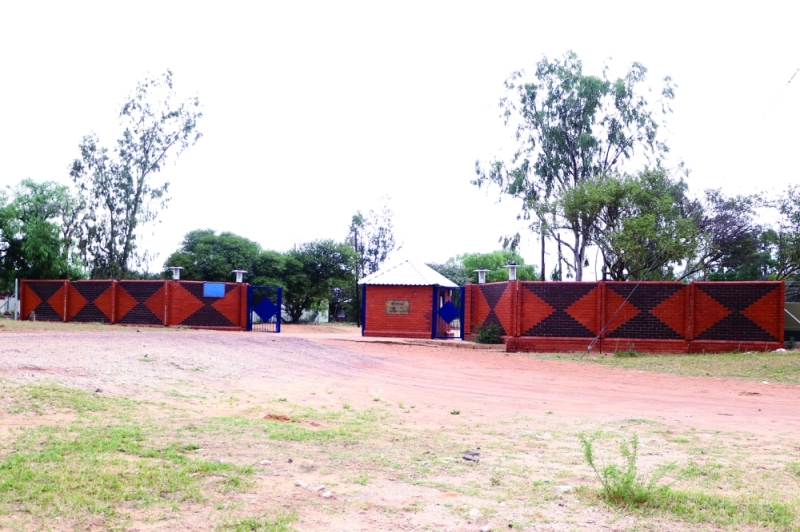PAC worried about learners’ drop out
Tsaone Basimanebotlhe | Monday January 24, 2022 06:00


According to the PAC report, which was recently released for the 58th meeting, it shows that the Ministry of Basic Education enrolment, in primary school is about 337,655 on average but the number declines to an average of 180,925 at secondary school which is 54% of the enrolment at primary school. “The committee is concerned about the number of learners that drop out of the education system and its effect on the country’s goal of having an inclusive and accessible quality education for all.
On average, from primary to secondary schools, the system loses 54% of the learners along the way. The factors affecting enrolment and transition rates need to be investigated including what happens to the learners that drop out given that not having secondary education affects the employability and wellbeing of the youth,” the report says. On issues of school fees, the report indicates that the accounting officer had indicated in her submission the challenge that the ministry is faced within the collection of school fees as some parents were reluctant. “Out of the estimated revenue of P18,387,200 for the current year, only P12,874,365 was collected leaving an under-collection of P5,512,836. The arrears from previous years totalled P 91,449,686.79 for which there were no recoveries during the year.
Although a means-testing is carried out to exempt the poor, the collection continues to be a problem,” it says.
The committee is of the view that discussions need to be done on whether cost-sharing through the collection of fees has achieved desirable results given that only a fraction of parents is paying.
The committee made a recommendation that consultation needs to be done on whether school fees should continue to be paid looking at the original rationale for the paying of school fees and the reluctance of parents to pay. On the issue of the Directorate of Corruption and Economic Crime (DCEC), the report states that the independence of the DCEC needs to be enhanced by ensuring that the appointment of officers and organisational decision making is not influenced by the executive or any other person.
It says the current arrangement creates the perception that the DCEC is an organ of the state rather than an independent entity that has the freedom to exercise its mandate without fear or favour. The committee made a recommendation that there should be security of tenure for the holder of the position of director-general, and there is a need to determine and adopt international standards and practices in terms of the establishment and management of the DCEC.
In regards to case backlog, the directorate had a backlog of 182 cases pending with the Directorate of Public Prosecutions (DPP) and, this is in addition to cases that were still under investigation and corruption allegation reports that had been received. “The corruption allegations included 69 COVID-19 reports which were received between April 2020 and May 2021. Out of the 69 cases, 27 were being investigated while most of the remaining cases were referred to the different ministries.
The lengthy process where cases can take 18 years not only leads to fewer convictions in corruption cases, it erodes the trust of the public in the DCEC. The DCEC, together with the DPP, should make efforts to improve their efficiency in handling corruption cases by ensuring that corruption cases are processed and disposed of within reasonable time,” it says.
The committee made a recommendation that the DCEC should work with stakeholders to clear the case backlog and address the problems that lead to unreasonable delays and backlogs. And that the possibility of creating special courts to hear corruption cases should be explored.
